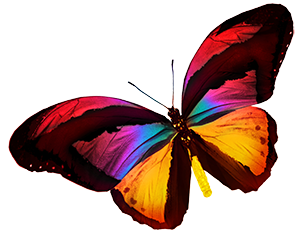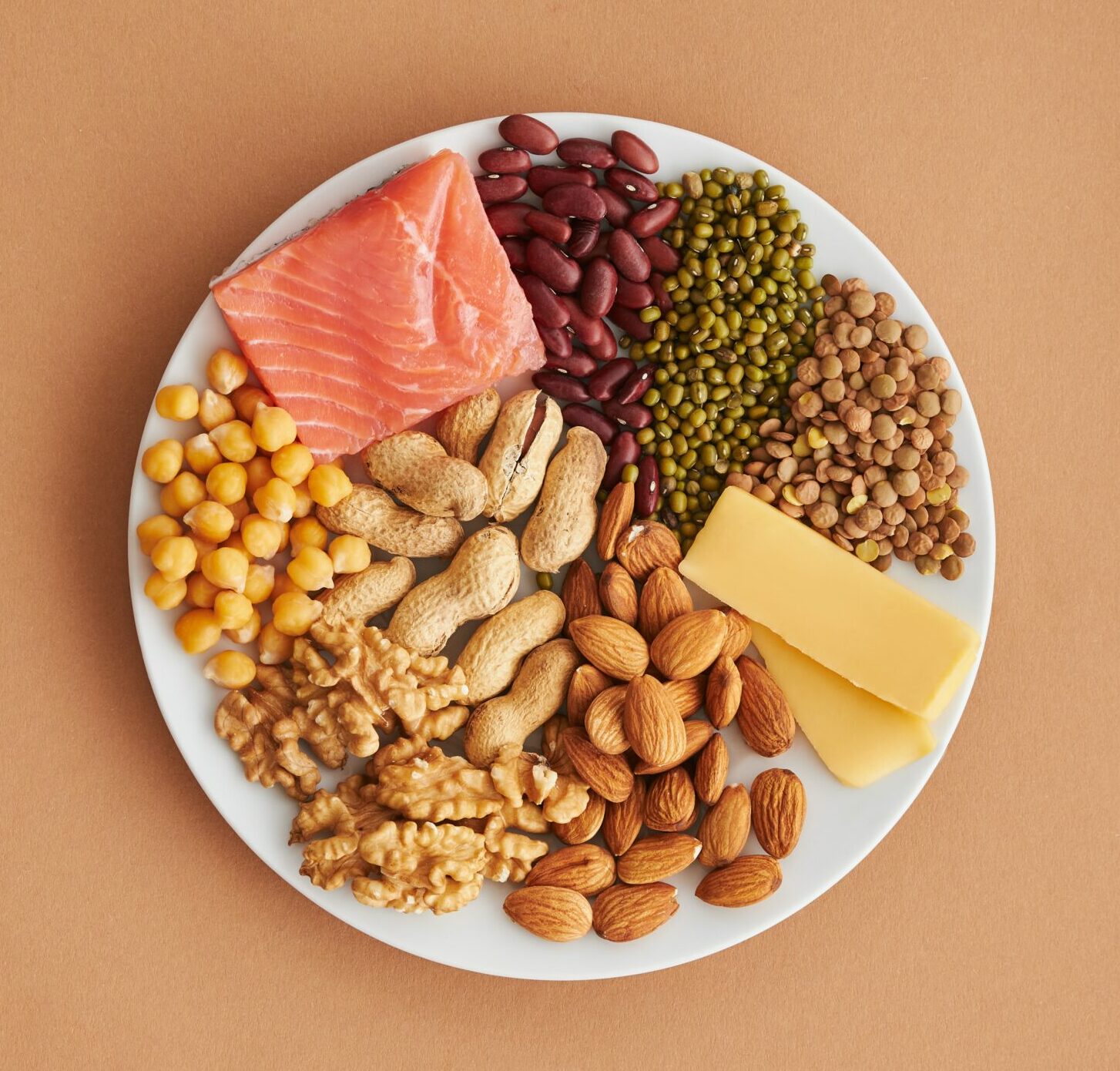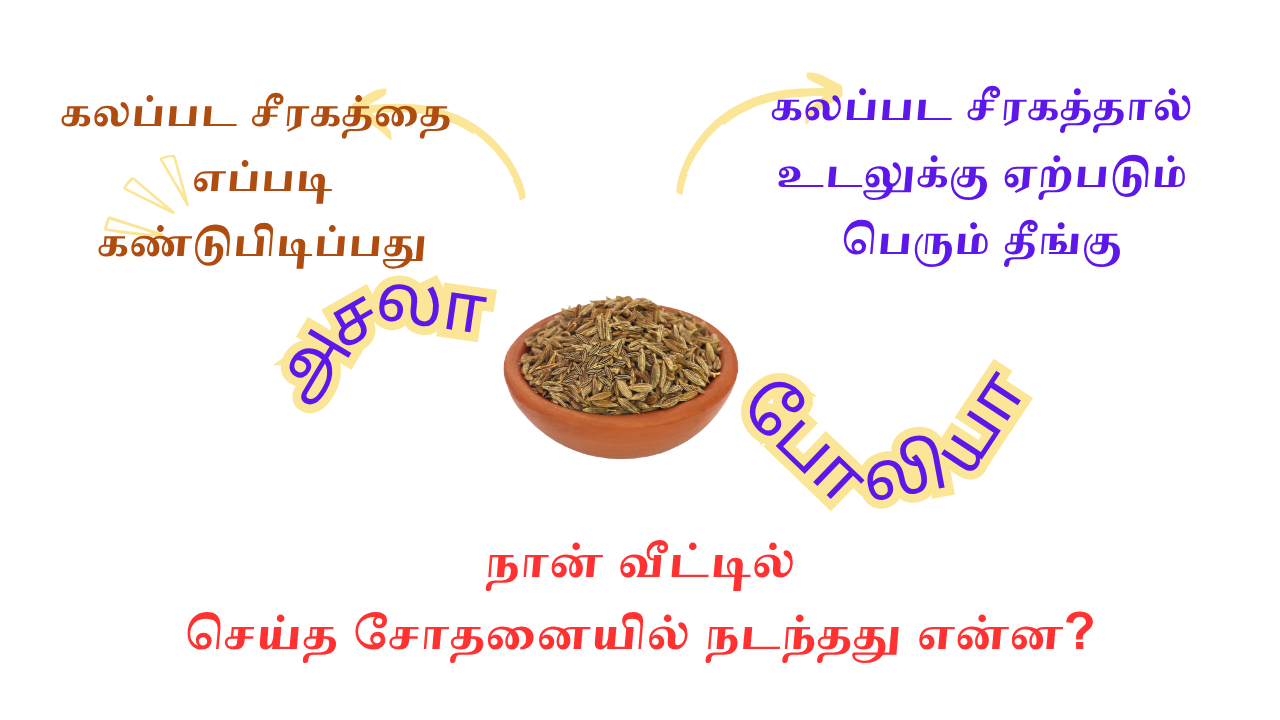Our earlier post was about the Benefits of Carbohydrates and Symptoms of Low Carbs in Diet. Now, let's focus on the benefits of protein, symptoms of protein deficiency and foods rich in protein.
Hope you read the post Benefits of Balanced Diet; Did Ancient Tamils Follow Balanced Diet?.
Importance of Protein
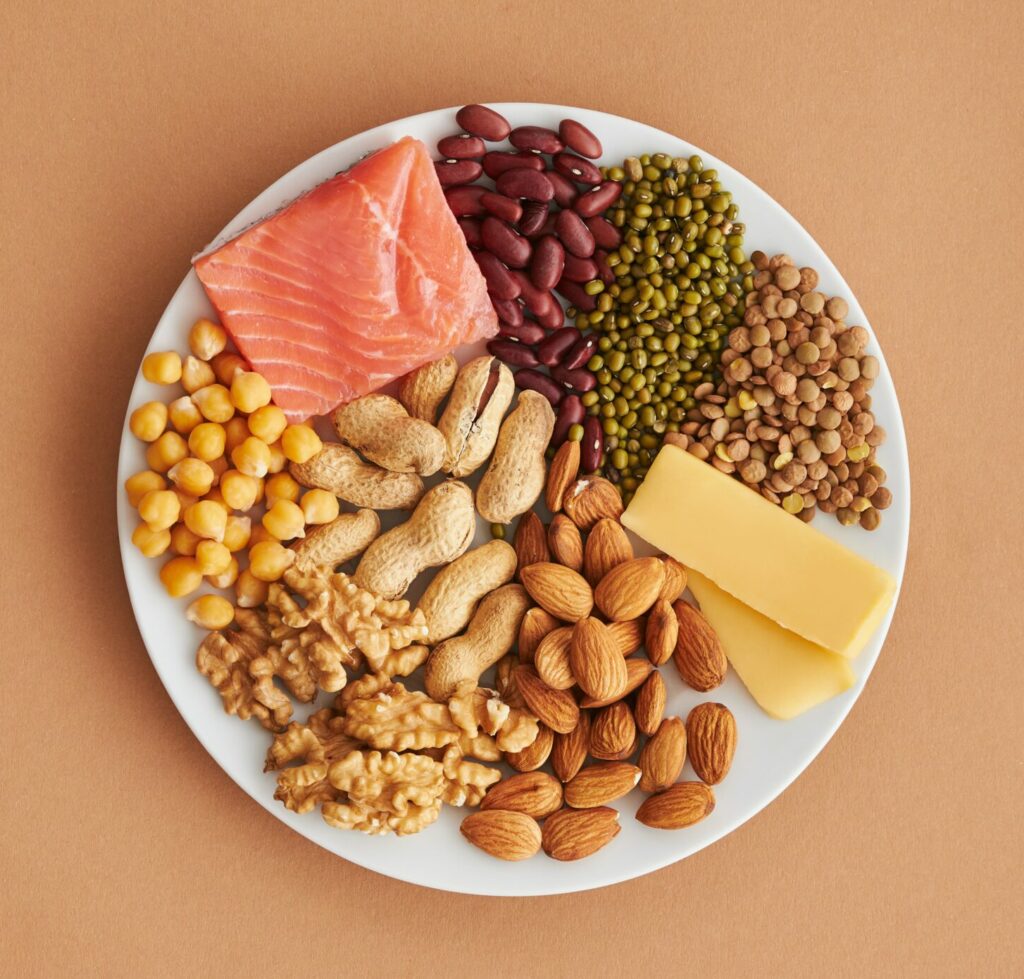
Source: Photo by Vanessa Loring: https://www.pexels.com/photo/healthy-food-ingredients-on-a-ceramic-plate-5966441/
Protein, one of the macronutrients that our body needs in large quantities, is present in every cell of the body. One gram of protein gives 4 calories. Protein boosts immunity. It plays a vital role in the structure and functions of cells in the body. It supports growth and maintenance of tissues and muscles. According to a research, protein plays a very important role in the formation of red blood cells.
Amino Acids
Amino acids, which are 20 in number, are the building blocks of protein and very essential for our existence. Amino acids are vital for health as they are involved in various activities including muscle growth, hormone secretions and functions and they also boost immune function. Out of the 20 amino acids, 9 are considered essential amino acids as our bodies cannot produce them. These essential amino acids can be sourced only from foods. This highlights the need for having balanced diet.
Here are the essential amino acids that our body cannot produce and hence have to be sourced only from food:
- Histidine
- Isoleucine
- Leucine
- Lysine
- Methionine
- Phenylalanine
- Threonine
- Tryptophan
- Valine
Foods that provide all essential amino acids are called complete protein foods. Some of the complete protein foods in non-vegetarian include meat, fish and eggs. Vegetarian foods such as quinoa and buckwheat are complete protein foods.
Types of Protein
Proteins are categorized based on their functions. Some of the types of protein include:
Enzymes: Enzymes are involved in chemical reactions in our body.
Antibodies: Antibodies protect our body from pathogens including virus and bacteria.
Hormone Protein: This type of protein is also called messenger protein. It sends signals throughout the body to help with the functions of the body.
Required Protein Intake Per Day
It is generally recommended that protein intake should be 15% to 20% of the food we have in a day.
Our body does not store protein. Any excess protein from our food is converted into energy or stored as fat in the body. Hence, it is essential that we include protein in every meal of the day.
According to a study, protein requirements to gain muscle mass and support bone health are as follows:
Those with low levels of physical activity: 1 gram of protein / 1 kilo of body weight.
Those with moderate physical activity: 1.3 gram protein / 1 kilo of body weight.
Those who perform intense physical activity: 1.6 gram of protein / 1 kilo of body weight.
Benefits of Protein
Some of the important benefits of protein include:
- Protein helps to build muscle and improve muscle strength. It also relieves muscle fatigue.
- It helps to maintain healthy weight.
- Adequate intake of protein supports bone strength.
- It boosts immunity.
- According to a research on protein intake, protein lowers high blood pressure and helps to prevent heart conditions.
- This macronutrient plays an important role in metabolism.
- Adequate intake of protein helps to prevent infections.
- It helps to regulate blood sugar levels.
- It supports production of essential amino acids.
- Food cravings are prevented.
- According to a research , protein helps to prevent skin conditions including acne and also postpones aging of skin.
- Protein reduces risk of fatty liver condition. According to a study by Cambridge University, low protein level is linked with occurrence of fatty liver.
Symptoms of Low Protein
Some of the symptoms of low protein in the body include:
- Brittle nails and hair
- Loss of muscle mass
- Fatigue
- Frequent hunger signs
- Stunted growth in children
- Anemia
- Frequent fever and infections due to low immunity levels
- Edema
- Fatty liver
Protein Rich Foods
Here is a list of foods that are rich in protein:
- Egg
- Milk products
- Sea foods
- Meat
- Lentils
- Nuts including almond and walnut
- Certain fruits including guava and peach
- Certain vegetables including asparagus and yellow pumpkin
- Tofu
- Buckwheat
- Quinoa
- Basil seeds
- Chia seeds
Though protein is sourced mostly from non-vegetarian foods, vegetarians can get their share or protein from plant based foods.
Some of the best books are found online on plant based protein foods. Books on protein rich vegetarian foods by experts provide great insight and also serve as an inspiration to create new recipes.
It is strongly recommended to seek advice of your physician before making any major change to your diet.

Rama Thamizharasu
Welcome. I am a yoga therapist, SEO consultant, content creator and translator.
Kindly check our other blog and YouTube channels:
https://voiceofapet.blogspot.com/
https://www.youtube.com/@PetsDiaryPages
http://www.youtube.com/@letnaturelive_YT

Effective Essential Oils for Digestion
Indigestion is among the major causes that lead to various health conditions. Some of the natural ways in which digestive disorders can be addressed include yoga therapy, acupuncture, acupressure and essential oils....
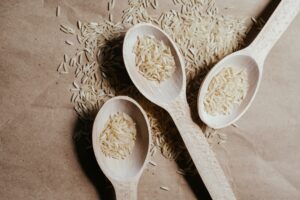
Benefits of Carbohydrates and Symptoms of Low Carbs in Diet
Hope you read our earlier post on the Benefits of Balanced Diet; Did Ancient Tamils Follow Balanced Diet. Today's post is about the importance of carbohydrates, issues caused due to low carbohydrate diet and ...
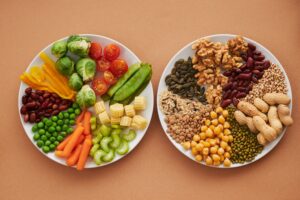
Benefits of Balanced Diet; Did Ancient Tamils Follow Balanced Diet?
The term balanced diet has gained popularity in recent years. It is said that this concept dates back to 15th century. However, the natural food habits of our ancestors had the right type of nutrients and vitamins and ...
